Sardines, Small Fish with Big Nutrition
By. Nevanda - 21 Feb 2023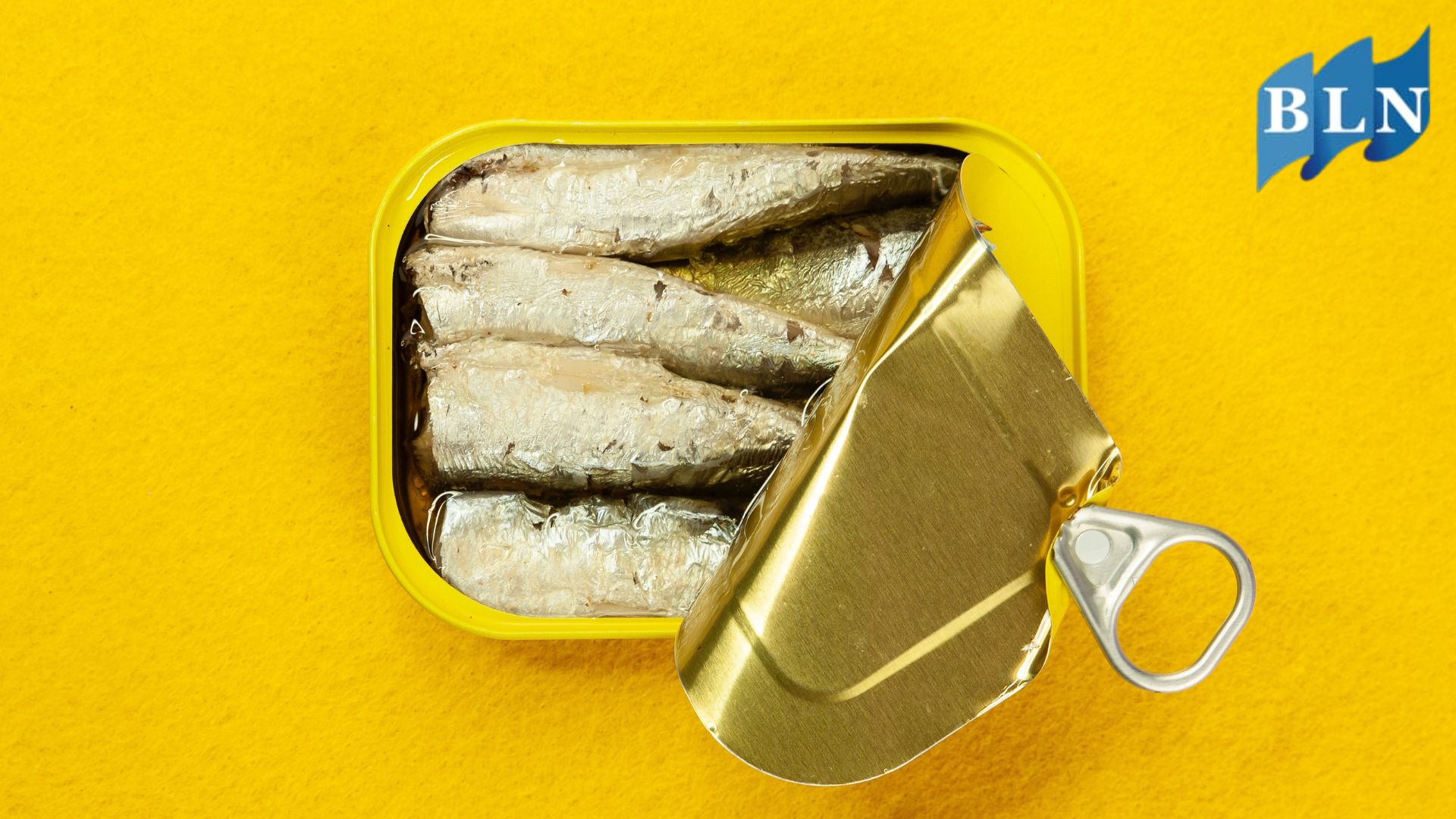
lautnusantara.com - Sardines are tiny fish that swims in a large group in the open ocean and are eating plankton and crustacean larvae. A lot countries has feature this fish on their local cuisine. This fish belongs to Clupeidae family which include other small fish like herring or anchovies. Sardines name might come from Sardinia island, an island in Italy off the Mediterranean seas where once this fish is found abundant. Sardines from different seas have their own unique trait of flavour, though when it is packed and preserved in oils and canned those nuances get lost. They are feeding on plankton, and because of that sardines have lower level of mercury than other fish do.
Read also: Fillet a Fish Step By Step
For those of you who haven’t try to eat sardines yet their contain of nutrition might change your mind
• Omega 3 fatty acid
This fish is a good source of essential omega-3 fatty acid. Sardines have both EPA and DHA which is the two type of essential fatty acid that can reduce inflammation, improved heart health, better brain function and reducing the risk of chronic disease. It is highly suggested for the pregnant women to consume this type of essential fatty acid. The omega-3 fatty acid is proven to provide important support for the fetus’s brain and nervous system development.
• Vitamin
Sardines is one of the good source of vitamin B12 which helps improve cardiovascular system. Vitamin B12 helps maintain nerve function, brain health, blood cell information, energy level and more. This fish also contain vitamin D which necessary for the bone growth and health.
Read also: Keep Your Seafood Product Properly
• Calcium
Sardines also provide high calcium and that is can be a great substitute for those who are lactose intolerant or need more calcium on their diet. Consuming a food that high in calcium can prevent bone mineral loss and helps to regulate bone metabolism which allow a formation to a new bone tissue.
• Other Minerals
Beside all those good nutrient, sardine also provide other essential minerals like niacin, iron, magnesium, potassium, zinc and phosporus.
Read also: World’s Most Popular Seafood Menu
.jpg)
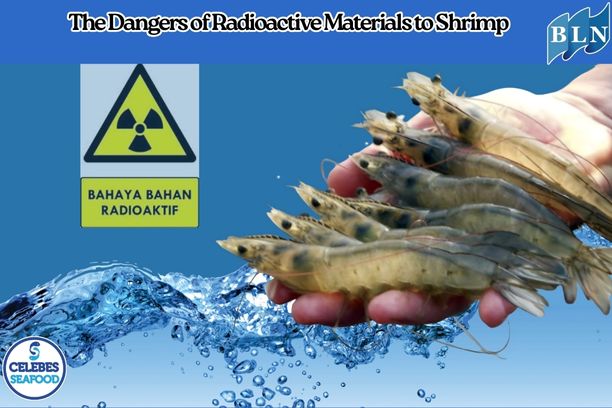

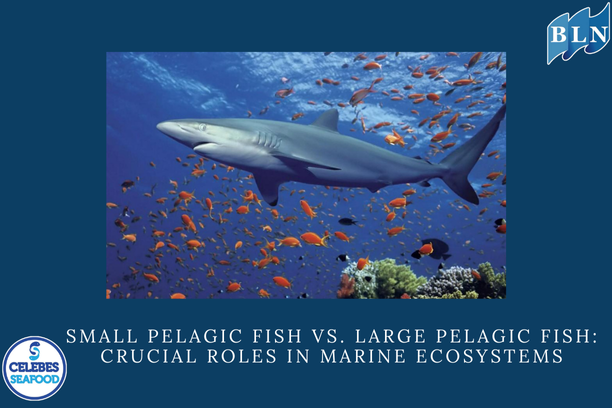
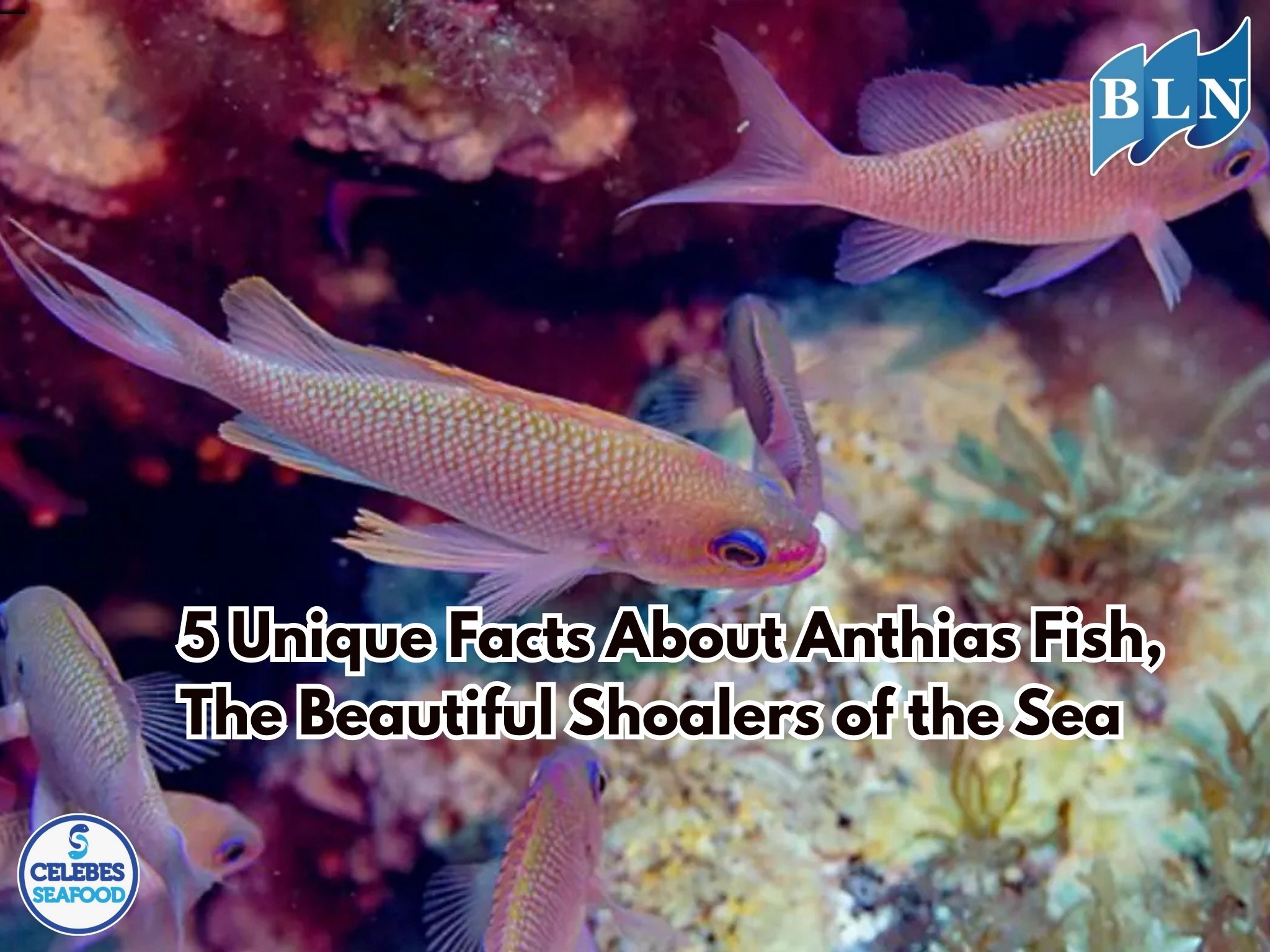
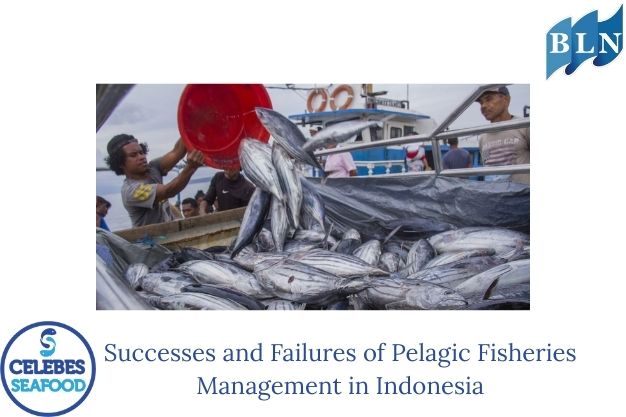
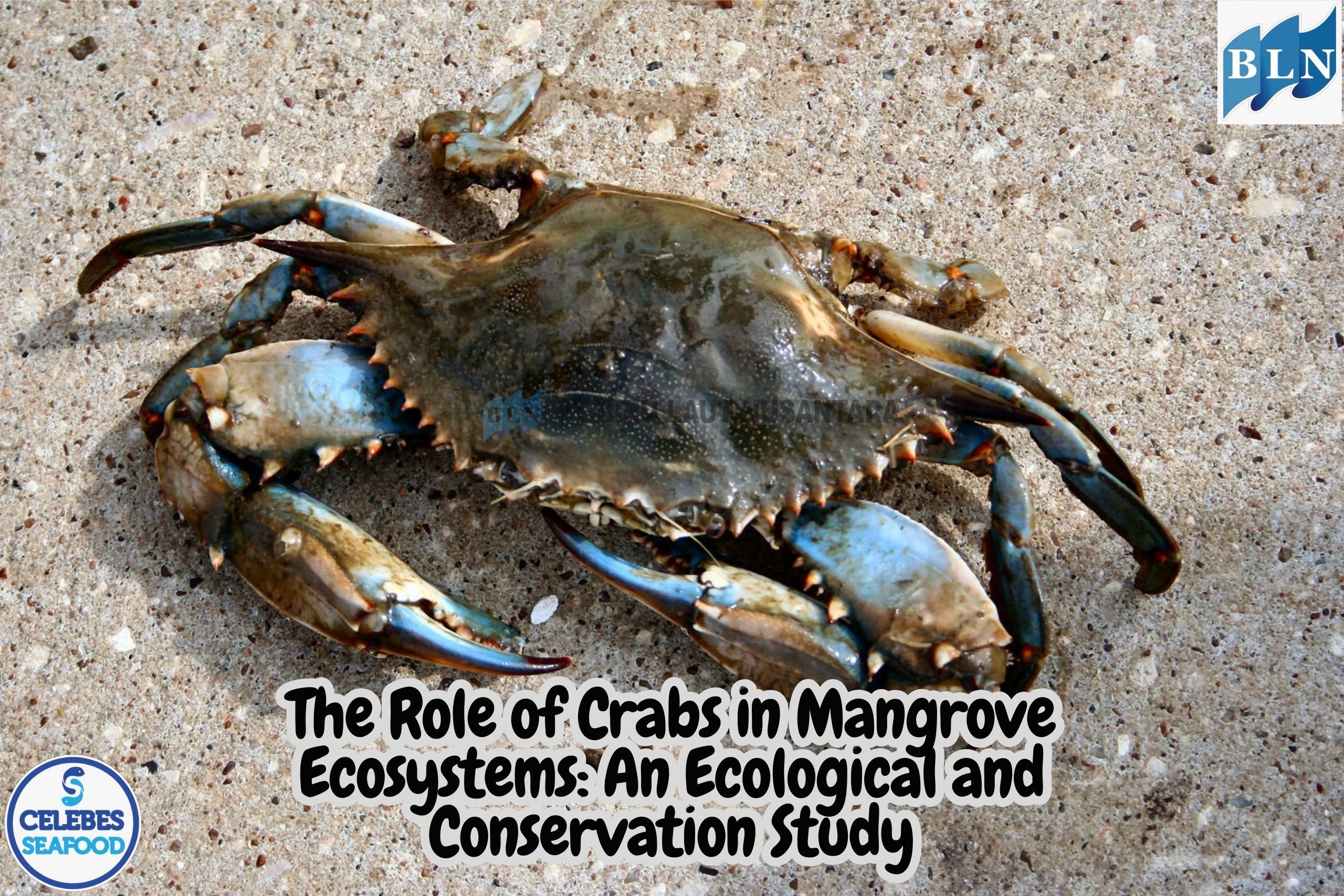

 on the Seabed.jpg)